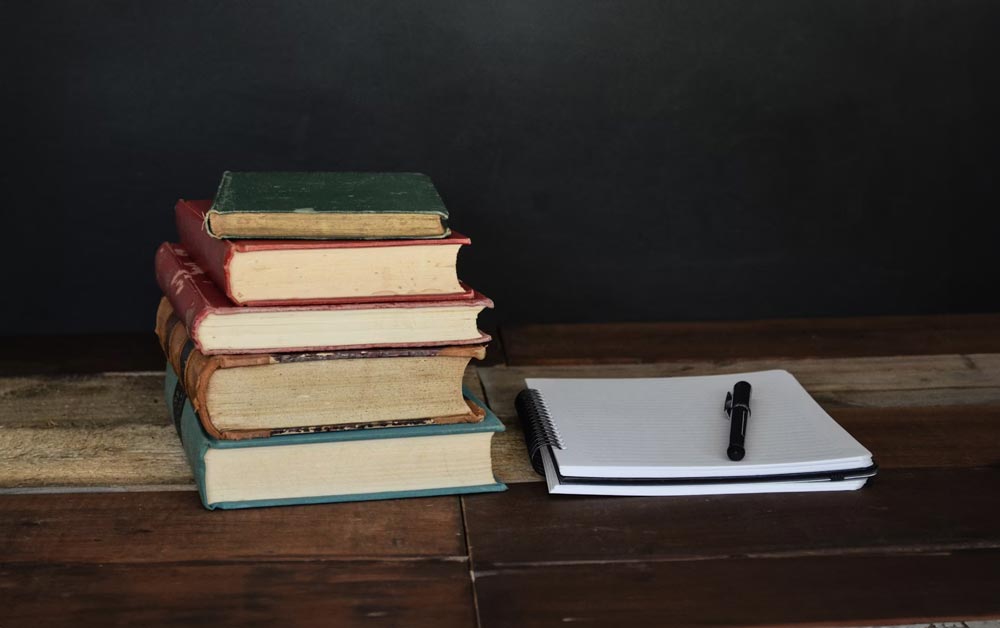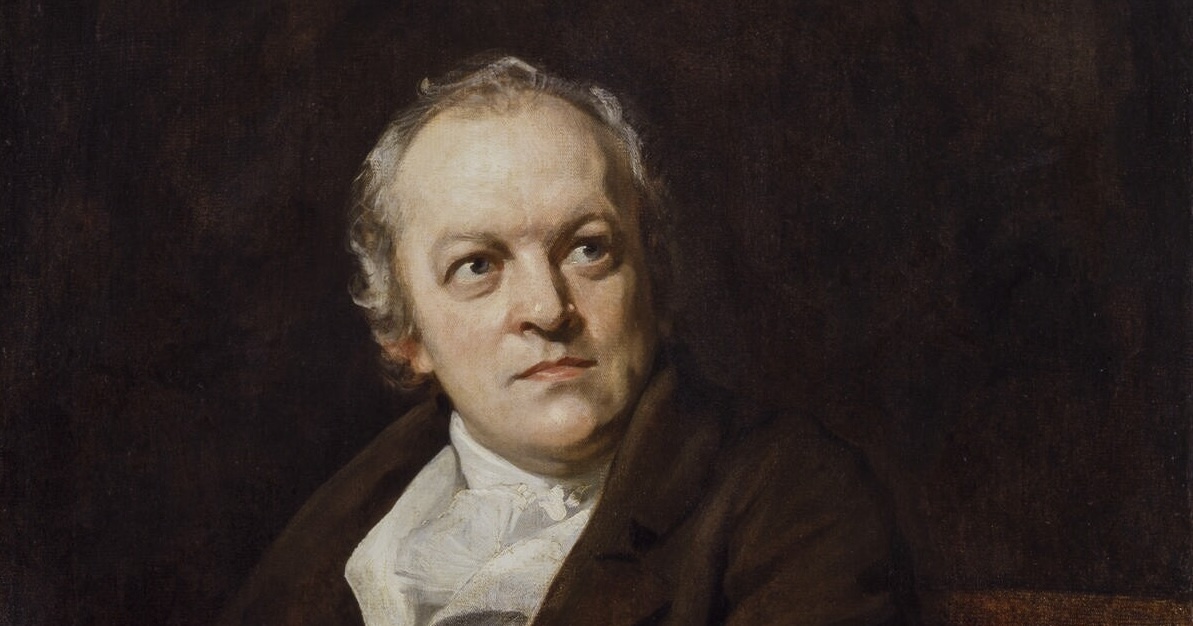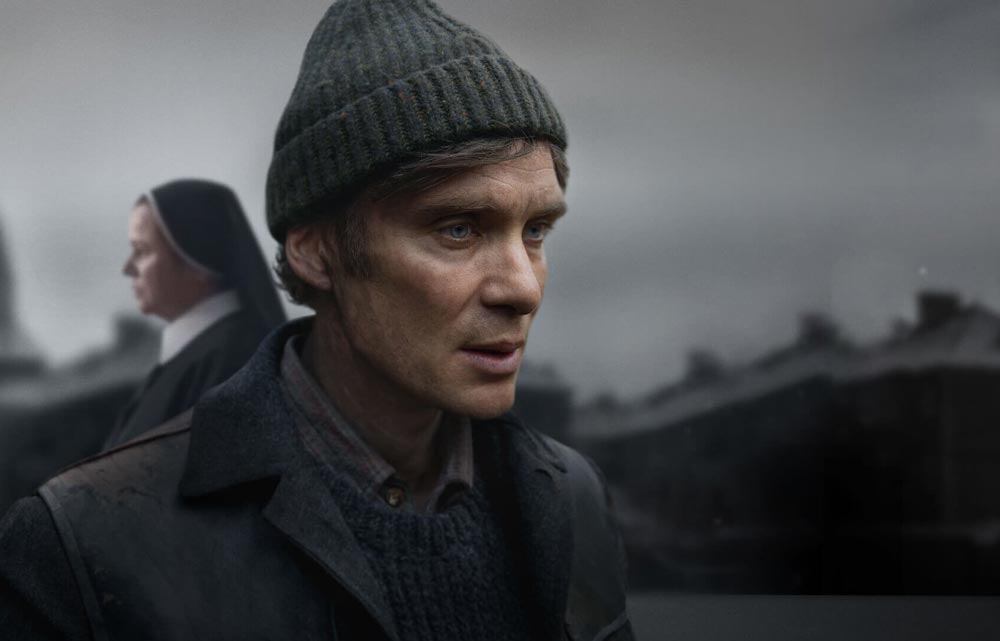In a powerful statement of solidarity, a coalition of prominent authors, including Nobel Prize winner Annie Ernaux and Rupi Kaur, Sally Rooney, and Judith Butler, has pledged to boycott Israeli cultural institutions perceived as “silent observers” of the ongoing humanitarian crisis in Gaza. This collective action, announced in an open letter organized by the Palestine Festival of Literature (PalFest), reflects a profound moral stance against what the signatories describe as complicity in oppression.
The letter articulates a critical perspective on the role of cultural institutions in the context of geopolitical struggles. It asserts, “To work with these institutions is to harm Palestinians.” Signatories call for a reevaluation of partnerships with organizations that have not publicly recognized the inalienable rights of the Palestinian people, as enshrined in international law. They state, “Culture has played an integral role in normalizing these injustices,” emphasizing the need for accountability among cultural entities.

A Literary Uprising
The open letter has garnered support from a diverse range of voices in the literary community, including Booker Prize winner Arundhati Roy, Pulitzer Prize recipient Jhumpa Lahiri, and Palestinian poet Mohammed El-Kurd. Together, they denounce Israel’s actions in Gaza as genocidal, calling upon publishers, editors, and agents to join them in this moral obligation.
The letter poignantly addresses the catastrophic situation in Gaza, noting, “It is not possible to know exactly how many Palestinians Israel has killed since October, because Israel has destroyed all infrastructure, including the ability to count and bury the dead.” Citing estimates that place the death toll at over 43,000, the signatories urge their peers to recognize the historical context of displacement and apartheid faced by Palestinians for the last 75 years.
The cultural boycott is part of a broader reckoning within the publishing industry, which has witnessed sharp divisions regarding its response to Israel’s actions. Recently, the Edinburgh International Book Festival severed its long-standing partnership with Baillie Gifford due to its ties to Israeli technology and military firms. This move signals a growing awareness and activism within the literary community regarding the implications of cultural and financial partnerships.
An Invitation to Reflect
The signatories’ call to action resonates deeply in today’s cultural climate: “We cannot in good conscience engage with Israeli institutions without interrogating their relationship to apartheid and displacement.” This sentiment echoes a historical precedent set during the anti-apartheid movement in South Africa, where writers and artists played a crucial role in advocating for justice.
As the letter concludes, the authors invite their fellow creatives to recognize their moral responsibility and join them in this crucial stand against complicity, stating, “We call on our fellow writers, translators, illustrators, and book workers to join us in this pledge.”







